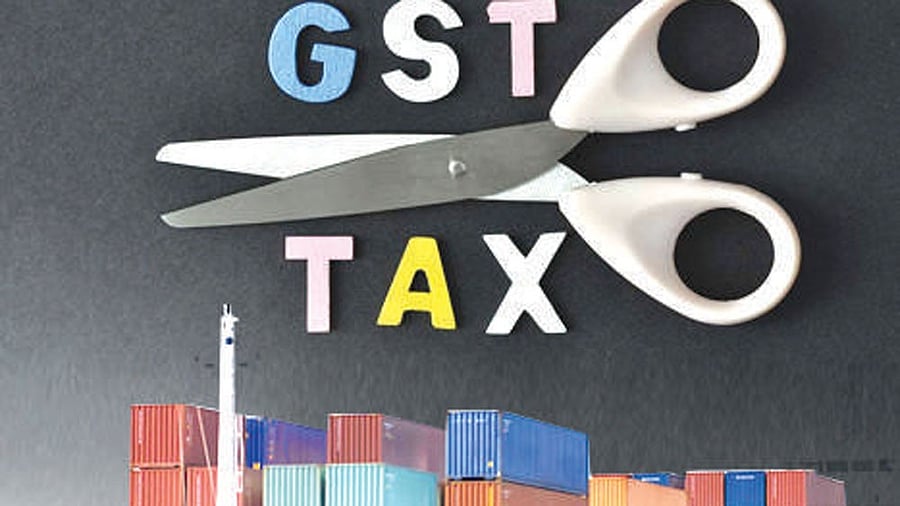
As Union Finance Minister Nirmala Sitharaman is all set to present the Union Budget 2025 on February 1, 2025, India's manufacturing sector seeks significant reforms to drive economic growth. Key focus areas remain rationalising GST rates, easing compliance burdens, and supporting manufacturing through duty exemptions and targeted incentives.
Speaking on this front, Praveen Kumar Bhandari, Chief Financial Officer, Hi-Tech Radiators Pvt Ltd, has urged the government to prioritise investments in infrastructure development as it could play a pivotal role in positioning India as a global manufacturing hub.
"The government should also look at rationalising the tax structure while reducing the compliance burden on the taxpayer. The government’s move to levy higher GST and additional cess on certain products to raise more funds may not be a good idea, and it may promote tax evasions while encouraging the unorganised sector to supply counterfeit products to take advantage of the situation. We would also like to draw the government’s attention towards the tax compliance burden; be it direct or indirect taxation, its burden has been increasing on the taxpayers," he said.
Bhandari further emphasised on providing some tax incentives to exporters by reintroducing Sec 80 HHC of the income tax.
"It will also help the country in offsetting the impact of the ever-increasing trade deficit driven by rising crude oil import bills. The interest equalisation scheme should also be made more liberal with no limit on the subvention of the interest for available pre- and post-packing credit," Bhandari said.
The Chief Financial Officer said that government should also look at rationalising personal income tax rates, particularly "surcharges and cess", which are always temporary in nature and are levied for a very specific purpose.
"Faceless assessment and appeal schemes under income tax should be made optional, as they have slowed down the disposal rate with heaps of high-pitch assessment/appeal orders,'' he said.
